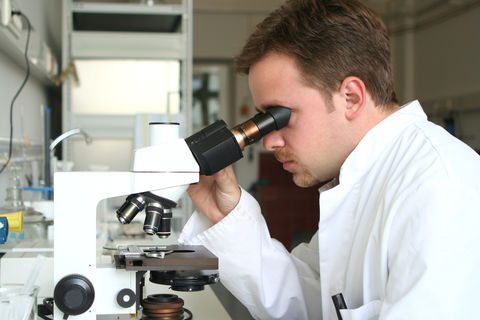Protein could help after heart bypass surgery failure

A new £147,000 research project funded by Heart Research UK aims to help 50% of people who have had failed heart bypass surgery, saving them from further invasive surgery and potentially fatal heart attacks.
The University of Bristol reports the project, led by Sarah George, Professor of Cardiovascular Signalling from the Bristol Medical School and Bristol Heart Institute at the University of Bristol will look at how to prevent the failure of leg vein grafts used to treat blocked coronary arteries.
Currently just over sixteen thousand heart bypass operations are carried out in the UK each year. Heart attacks are usually caused by blockage of the coronary arteries supplying blood to the heart muscle. One of the treatments for blocked coronary arteries is heart bypass surgery using sections of vein from the leg to bypass the blockage. However, vein graft failure occurs in around 50% of people within ten years, due to an increased activity of cells within the vein graft which causes thickening of the inner layer of the vein.
Sarah George’s team has already been studying a protein that plays an important role in cell adhesion. This protein reduces over activity of cells within the vein and graft thickening, without harmful effects on the blood vessel wall. They have also found that a very small part of the protein can act as a mimic for the full length version and has similar effects on the vein graft.
In this project they will package the mimic in small, biodegradable spheres called microspheres, as a way of slowly delivering the mimic to the vein graft. If the mimic reduces over activity of the cells within the vein graft without adverse effects on the blood vessel wall, it may have potential as a treatment to prevent vein graft failure following bypass surgery. If successful, it could be used to improve the outcome of heart bypass surgery and reduce the need for surgery to be repeated.
Sarah George said “Whilst it’s considered to be a standard treatment, 50 per cent of heart bypass grafts using leg vein fail within ten years meaning that some patients go on to have further angina or heart attacks, and need further operations. This is an unacceptable figure. By researching the benefits of the adhesion protein mimic, we hope to improve the long-term success of heart bypass surgery and reduce this figure.”
The University of Bristol is just one recipient of Heart Research UK’s Translational Research Project Grants. Since 2009 the charity has given almost £5m to fund innovative and pioneering medical research projects across the UK. Barbara Harpham, Chief Executive of Heart Research UK, said “Our Translational Research Project Grants aim to bridge the gap between laboratory-based scientific research and patient care with the aim that patients benefit as soon as possible. This innovative research project has the potential to help people who have heart bypass surgery by reducing the need for further invasive surgery to be carried out again later.”








